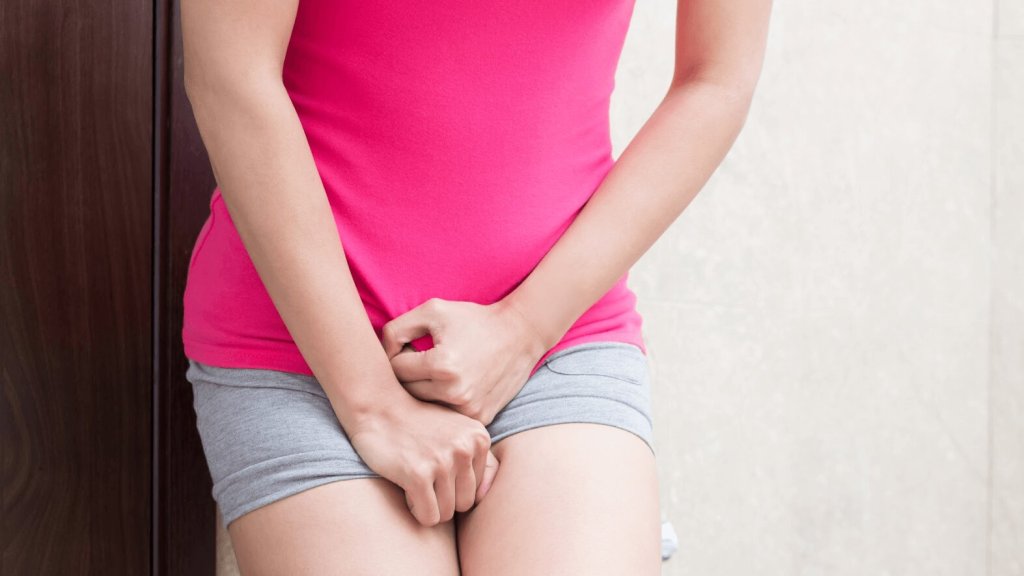Stress Urinary Incontinence (SUI) is a prevalent condition affecting millions of people worldwide. It is particularly common among women, with many experiencing this condition as a result of childbirth, menopause, or other factors. This article delves into the causes, symptoms, and available treatments for Stress Urinary Incontinence In Dubai, with a focus on the medical landscape in Dubai.
Understanding Stress Urinary Incontinence
Stress Urinary Incontinence is defined as the unintentional loss of urine due to physical activities that put pressure on the bladder. These activities can include coughing, sneezing, laughing, or exercising. Unlike other forms of incontinence, SUI is specifically related to physical exertion and is not caused by an overactive bladder.

Causes of Stress Urinary Incontinence
The primary cause of SUI is the weakening of the pelvic floor muscles and urethral sphincter, which are responsible for controlling the release of urine. Several factors can contribute to this weakening:
- Childbirth: Vaginal delivery can stretch and weaken the pelvic floor muscles, leading to incontinence.
- Menopause: The decrease in estrogen levels during menopause can cause the tissues around the bladder and urethra to thin, leading to SUI.
- Surgery: Pelvic or prostate surgery can damage nerves and muscles associated with urinary control.
- Chronic Coughing: Conditions such as chronic bronchitis or smoking-related cough can repeatedly strain the pelvic floor.
- Obesity: Excess weight increases abdominal pressure, which can weaken the pelvic muscles over time.
Symptoms of Stress Urinary Incontinence
The primary symptom of SUI is the involuntary leakage of urine during activities that increase abdominal pressure. This can occur during:
- Physical exertion (e.g., exercise, lifting heavy objects)
- Sudden movements (e.g., standing up quickly)
- Actions that cause internal pressure (e.g., coughing, sneezing, laughing)
The severity of SUI can vary from occasional leaks to frequent and more significant losses of urine. Many individuals with SUI experience social embarrassment and a reduced quality of life due to the condition.
Diagnosing Stress Urinary Incontinence
Diagnosis of SUI typically involves a comprehensive medical history review and a physical examination. Patients may be asked to keep a bladder diary to record instances of incontinence and fluid intake. Additionally, several diagnostic tests may be conducted:
- Urinalysis: To rule out infections or other underlying conditions.
- Bladder Function Tests: Such as urodynamic testing to assess how well the bladder and urethra store and release urine.
- Pelvic Ultrasound: To visualize the pelvic organs and check for abnormalities.
Treatment Options in Dubai
Dubai boasts a range of advanced medical facilities and highly skilled healthcare professionals who offer various treatments for SUI. The choice of treatment depends on the severity of the condition and the patient’s overall health.
Non-Surgical Treatments
- Pelvic Floor Muscle Training (PFMT): Also known as Kegel exercises, PFMT strengthens the pelvic floor muscles, improving bladder control. It is often the first line of treatment and can be highly effective when done consistently.
- Lifestyle Modifications: Reducing fluid intake, avoiding caffeine and alcohol, and maintaining a healthy weight can help alleviate symptoms.
- Bladder Training: Involves scheduled voiding and delaying urination to increase bladder capacity and control.
- Medications: Though limited, some medications may help in specific cases of SUI, particularly if combined with other treatments.
Minimally Invasive Treatments
- Injectable Bulking Agents: Collagen or other materials are injected into the tissues around the urethra to improve closure.
- Laser Therapy: Emerging treatments like vaginal laser therapy (e.g., CO2 laser) aim to tighten and rejuvenate the pelvic tissues, potentially reducing SUI symptoms.
Surgical Treatments
For more severe cases of SUI, surgical interventions may be necessary:
- Sling Procedures: A mesh or tissue sling is placed under the urethra to provide support and prevent urine leakage. This is one of the most common surgical treatments for SUI.
- Colposuspension: The bladder neck is lifted and secured with sutures to provide better support.
- Artificial Urinary Sphincter: An implanted device that compresses the urethra to prevent leakage, used in more complex cases.
Choosing the Right Healthcare Provider in Dubai
Dubai’s healthcare system is known for its quality and advanced medical technologies. When seeking treatment for SUI, it’s important to choose a provider with experience and a good track record in treating urinary incontinence. Some of the top hospitals and clinics in Dubai offering SUI Treatments include:
- Dubai Healthcare City (DHCC): A leading healthcare free zone housing numerous specialized clinics and hospitals.
- Mediclinic Middle East: Provides a comprehensive range of urological and gynecological services.
- American Hospital Dubai: Known for its advanced facilities and experienced medical professionals.
Conclusion
Stress Urinary Incontinence is a manageable condition with a variety of treatment options available. In Dubai, patients have access to world-class healthcare providers and state-of-the-art treatments. Early diagnosis and intervention can significantly improve the quality of life for individuals affected by SUI. If you experience symptoms of stress urinary incontinence, consult a healthcare professional to explore the best treatment options for your needs.
Read more Innovative Approaches to Stress Urinary Incontinence in Dubai